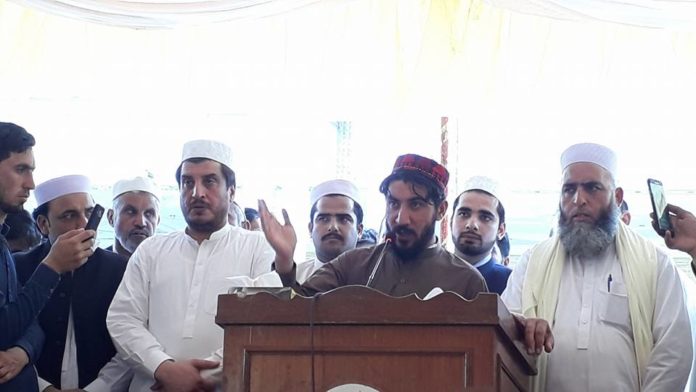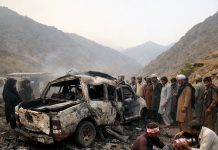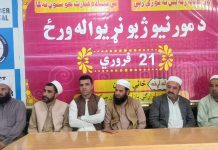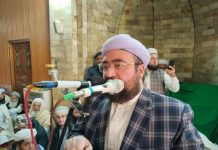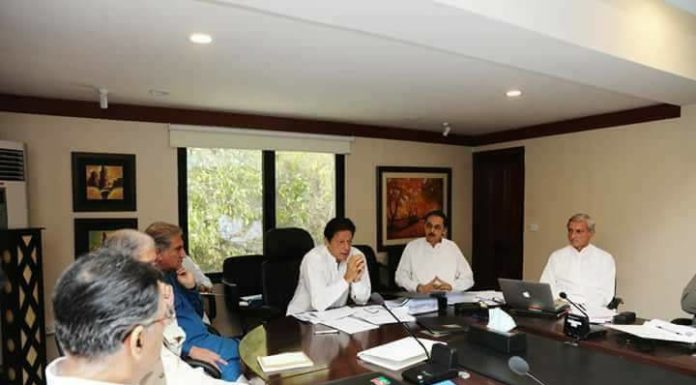Fazal Amin Shinwari
JAMRUD: A Jirga of government constituted comprising FATA Parliamentarians and tribal elders on Wednesday held the first round of formal talks with the Pakhtoon Tahaffuz Movement (PTM) to address the reservations of the movement in Jamrud Khyber Agency.
The Pakhtun Tahaffuz Movement (PTM) delegation comprising Manzoor Pashteen, Mohsin Dawaramd and the federal government was represented by Minister of State Ghalib Khan Wazir (PML-N) MNA Dr. Ibadullah Khan,(KP) government Minister Shah Farman and tribal elders were also a part of the preliminary negotiations between both sides.

MNA Shah Jee Gul Afridi said while talking to a media person, that the PTM has agreed to continue talks with the Qaumi Jirga. He said the Jirga should have representation from all the tribal agencies. He said the government has assured to accept all the demands of the PTM which are according to the Constitution. He said all the demands of the PTM are genuine.
Corps Commander Peshawar Lt General Nazir Ahmed Butt had indicated the talks with the PTM while talking to a group of journalists in Peshawar on Tuesday.
General Nazir Ahmed had said that some of the demands of PTM are genuine and they are ready to address those demands within the purview of the constitution. He said that protest is a constitutional right of every citizen but propaganda against the state’s institutions is not tolerable.
Speaking about Manzoor Pashteen, he added that he received an education from an Army school in Waziristan, however, he has been brainwashed. “We are ready to address PTM’s grievances and even ready to talk to Pashteen, however, he has no right to decide on his own,” General Nazir had stated said.
While referring to the claim of PTM about thousands of missing persons, he said that the movement had identified and collected the names of 300 persons.
Appreciating the sacrifices of security forces, he said that with the sacrifice of thousands of Army personnel, peace has been restored in tribal areas. He also said that work is underway to remove the landmines and improvised explosives devices (IEDs) and around 64% of tribal areas have been cleared from landmines.


